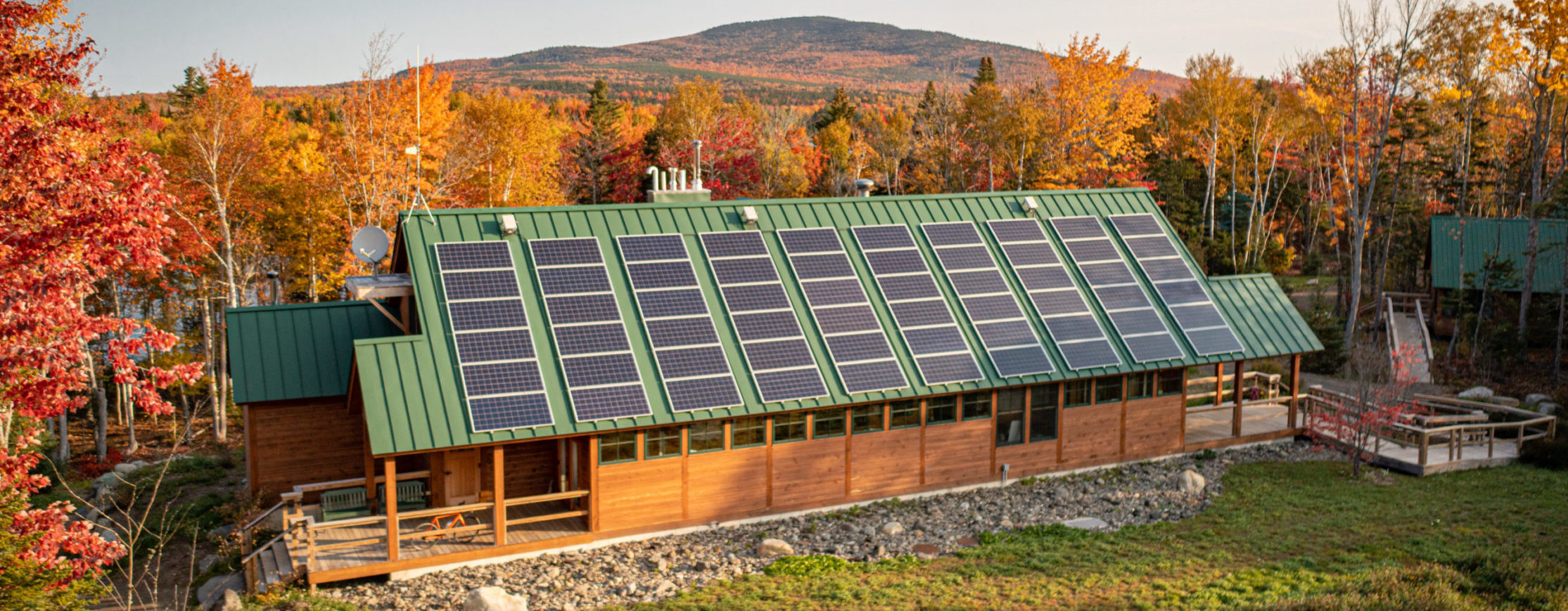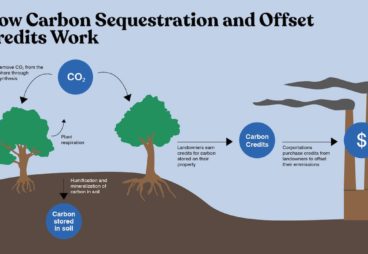
Net Zero Emissions
AMC is developing a pathway to become net zero.
In keeping with the scientific consensus on global warming and the latest recommendation from the Intergovernmental Panel on Climate Change (IPCC), in 2019, AMC adopted a goal of achieving ‘net zero’ greenhouse gas emissions no later than 2050, with a goal of 45 percent reduction from 2010 levels by 2030. To meet these ambitious climate targets, AMC developed a Net Zero Strategic Plan in 2022— a roadmap with 12 goals and 43 strategies that sets forth our strategic vision for the production, consumption, and conservation of energy at AMC facilities and from our operations.
Net Zero Strategic Planning & Reporting
AMC has long been conscious of and taken responsibility for the impacts created by our use and enjoyment of the outdoors. In 2003, we began compiling data on our operational carbon footprint (primarily heating, electricity, and vehicles). We adopted what was then the IPCC’s goal of reducing our net carbon footprint by 80 percent below our average 2004-2005 operational baseline by 2050.
With guidance from IPCC, AMC committed to Net Zero by 2050, with an interim goal to attain 45% emissions reductions from the 2010 baseline by 2030. Read more about our strategic planning, emissions inventories, and progress:
Net Zero Strategic Plan Summary; Full report & Technical appendix
Annual summit recording, January 2022
Climate and Energy Policies
AMC’s Energy and Climate Policies were updated in 2022, building operational net zero and advocacy efforts on the framework of climate change. These policies continue to guide AMC’s public positions and advocacy on energy and climate issues as the world transitions to a net zero carbon economy and help us find the appropriate balance between supporting the development of renewable energy and protecting the natural landscapes that are at the heart of our mission.
The policies’ “Guiding Principles” lay out AMC’s values. Our internal activities and climate and energy policy engagements will be based upon the following principles:
- Reduce greenhouse gas emissions.
- Set net zero climate targets and develop roadmaps.
- Promote transparency in tracking and reporting.
- Support carbon offsets and carbon sequestration technologies.
- Avoid unnecessary impacts with best available practices and technology.
- Mitigate for unavoidable resource impacts.
- Develop decommissioning plans.
- Conduct a transparent and robust stakeholder engagement process.
The net zero policy has two major components. First is a commitment to track and publicly report our emissions and our progress in reducing them. Second is a “Carbon Mitigation Hierarchy” that sets forth the strategic approach to reducing our organizational emissions.
The Carbon Mitigation Hierarchy has three levels:
- Avoid and reduce emissions from transportation and buildings through energy efficiency and conservation. This ranges from low-cost or cost-saving endeavors that should be used as first-choice solutions to major capital investments in building systems and vehicles. This includes transitioning building heating and vehicles away from fossil fuels to electricity.
- Eliminate emissions from electricity by investing in renewable sources of energy. Generating or purchasing renewable energy is necessary to avoid the emissions from fossil fuel-generated electricity.
- Offset any remaining emissions. AMC will retire offsets from our verified forest carbon projects on our Maine Woods lands to balance emissions that cannot be reduced or eliminated. This is the last step, and the availability of our own offsets will not be used as a reason to avoid the necessary investments in real emissions reductions.
Learn more about AMC's climate and sustainability work:
Climate Change Impacts in the Northeast and Mid-Atlantic—And What We Can Do
Climate change does not affect all regions the same. And its impacts vary from season to season. These regional and seasonal discrepancies are attributed to the fact that weather...
ExploreGo Green: 10 Tips for a More Sustainable Lifestyle
Measuring a person’s carbon footprint includes a number of factors. Choices we make, from the food we eat, to the products we use and industries we support, to...
ExploreHow AMC is Fighting Climate Change Through Carbon Credits
AMC’s Maine Woods Initiative now encompasses nearly 75,000 acres of forest land in the 100-Mile Wilderness region. While timber harvesting on a portion of these lands provides the major...
Explore

